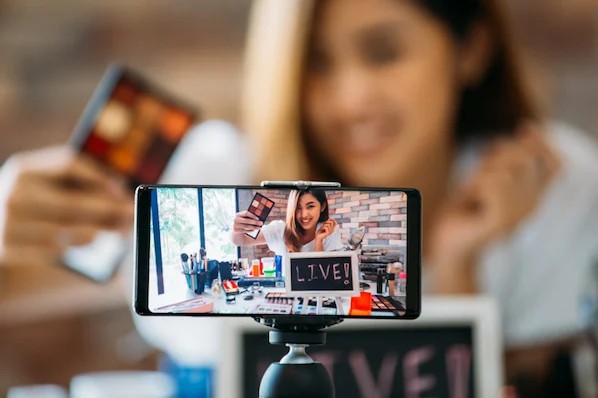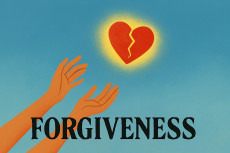- If someone with 300k followers promotes fake giveaways, scams, toxic relationships, or body shaming even jokingly are they still just entertaining or are they changing their audience’s way of thinking without even knowing it?
As a 21-year-old member of the social media generation, Its clear to see that young people in Kenya today look up to more than just teachers or leaders. We also admire social media stars and influencers.
They appear to have it all figured out to some extent, don't they? They have the following, the way of life, the voice, the appearance, and some money. They set the agenda, make us laugh, make us think, make us buy, and shape our opinions, but are they also forming our values? Do they have a responsibility as well?
Every day, we see, we engage, comment like and scroll through lives that look perfect. Fancy meals, glowing skin, random trips to Dubai, surprise iPhone gifts, relationships full of roses and spa dates. It like they are winning in life but is it truly soft life or just soft lies? Ask yourself, behind the camera, how many of those lives are real? How many are funded by debt, shady deals, or sugar-coated lies?
In this age of technology and life, a lot of young people are feeling pressured to keep up. Some people enter toxic relationships. Some people become victims of fraud. Some people begin to hate themselves for lacking "enough." However, why? because one of their followers made struggle look shameful. If I say that I haven't been a victim of this propaganda on multiple occasions, I would be lying.
Amazing things are being done by some influencers. They voice their opinions on activism, politics, money, self-love, and mental health. They inspire, mentor, and instruct. However, some emphasise clout-chasing over character, while others teach boys that wealth equals to power and superiority, and still others teach girls that beauty is more important than intelligence.
Read More
If someone with 300k followers promotes fake giveaways, scams, toxic relationships, or body shaming even jokingly are they still just entertaining or are they changing their audience’s way of thinking without even knowing it?
In June 2024, during the Gen Z protests across Kenya, it wasn’t the news stations that mobilized the youth. It was online entertainment platforms like TikTok and X. It was reels, lives, and Instagram stories. Influencers turned into reporters and photojournalists.
They became leaders who used their platforms with a large following to spread awareness, mobilize people to fight for truth and justice. They used their online gained power and used it for the good of their country. That alone made us realise how strong influencers have grown. But power becomes harmful when misused.
Just because someone is funny, pretty, or has a blue tick, doesn’t mean they deserve your loyalty and trust. It’s time we stop following blindly. Ask yourself if this person is honest, responsible with what they post and do they care about what happens after they press that post button.
If you are an influencer and have built a following, congratulations on your hard-earned gains. But also remember that there is a 15-year-old thinking your body is her goal, a 20-year-old boy who might think success means fraud and fast cars and a university student who might think companionship and relationships only matters if they are expensive.
So, when you speak, post, dance, or joke, know that you’re shaping minds. Be funny. Be stylish. Be bold. But also, be real and authentic with yourself while at it because what you influence today might become someone’s truth tomorrow.
As members of the social media generation, we grow, dream, and live online. However, not all of what we observe is worth pursuing. Instead of allowing clout and influence to dictate what is and is not cool, let's start asking questions. Let's begin honouring influencers who contribute more than just likes and looks.


-1770306232-md.jpg)



-1770306232-sm.jpg)

